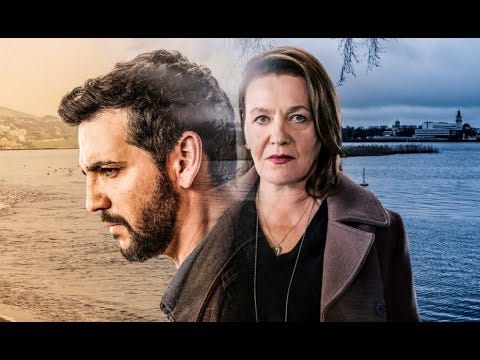Having processed most of the international subtitled streaming murder mysteries over the last half dozen years on the major streaming channels, I watched the first episode of The Paradise, on Amazon Prime. The problem is that the streaming services such as AmPrime have been offering limited episodes, then sending viewers to related pay channels, in this case, Acorn. Collusion? Almost certainly. In a normal world, one might complain, but the global media hierarchy has become so complaint-resistant that I subscribed to Acorn. There are hundreds of shows, mostly British, so no worries. It costs far less to subscribe to this newsletter than it does to pay for Acorn.
The Paradise is the ne plus ultra of my secondary beat and primary TV and reading preference, Quaint Location Crime Fiction (QLCF). It takes place in both Oulu, Finland, and Spain's Costa del Sol, with Malaga the nearest international airport. The action in Spain takes place in Fuengirola, home (pre-COVID) to 15,000 to 25,000 F…
Keep reading with a 7-day free trial
Subscribe to Critical Conditions by Wayne Robins to keep reading this post and get 7 days of free access to the full post archives.



